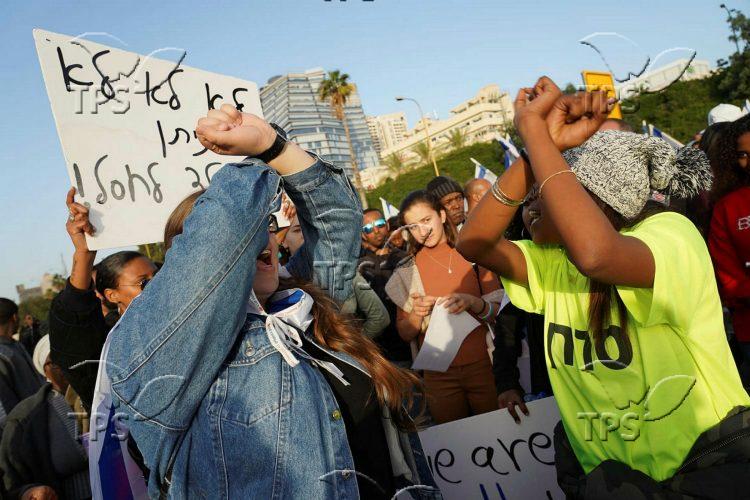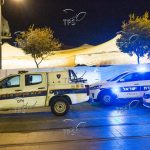Police Officer who Killed Ethiopian-Israeli Teen Faces Indictment for Negligent Homicide
Jerusalem, 20 November, 2019 (TPS-IL) -- The State Prosecutor’s Office and the Justice Ministry’s Police Internal Investigations Department announced on Tuesday that they intend to indict the policeman who killed Ethiopian-Israeli 18-year-old Solomon Tekah. The prosecutors considered either indicting the police officer for murder or dropping the charges against him altogether. The policeman will be charged with negligent homicide, subject to a hearing on the matter. If convicted, the charge of negligent homicide carries a maximum prison sentence of three years.
“The decision was made after a thorough examination of the incident, including the fact that the officer opened fire not in accordance with police protocols he was well aware of and did not take any other alternative measures which were available to him,” the Justice Ministry said in a statement.
“We considered the fact that the officer had stones thrown at him by the deceased, as well as other teenagers, and was hurt in the incident before he decided to reach for his gun. However, after examining all the circumstances, we believe there is room for indictment,” they added.
After the decision was announced, a group of demonstrators protested the charges, claiming they were too lenient. They chanted “Solomon Tekah’s blood wasn’t spilled in vain,” and called Justice Minister Amir Ohana “a disgrace.”
Tekah’s family responded harshly to the softened charges against the police officer, calling it a “second murder” of Tekah. “They murdered my brother again today. This gives permission to cops to pull out their gun and keep shooting our brothers for every little thing,” said Yemi Tekah, the deceased’s sister.
An initial investigation by the police found that that the off-duty officer was in a playground area with his wife and his three children when he saw a fight nearby. He approached the group that was involved in the fight. They started throwing rocks at him after he identified himself as a police officer.
The police officer said that he felt he was in a life-threatening situation. The instigators concluded that the off-duty police officer was not justified in drawing and firing his gun, even though rocks had been thrown at him.
The incident sparked widespread violent demonstrations by Ethiopian-Israelis. Riots included the torching of cars, the blocking of major routes, and assault by rioters on police stations and police officers in several cities.







